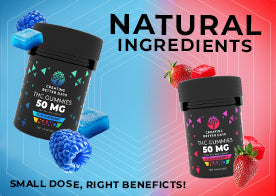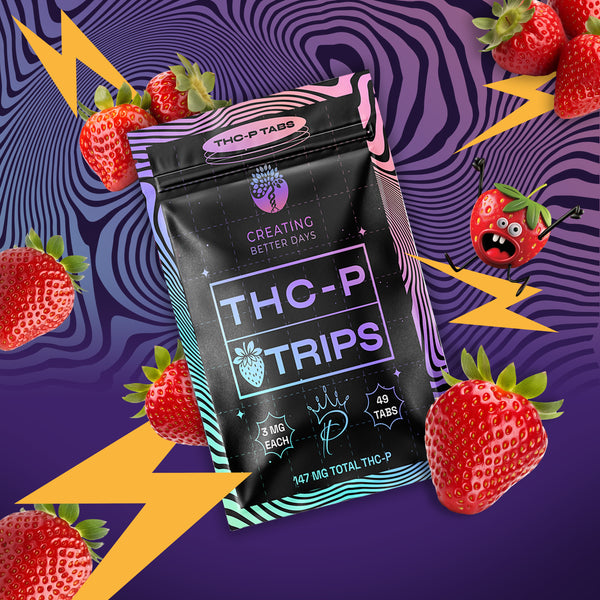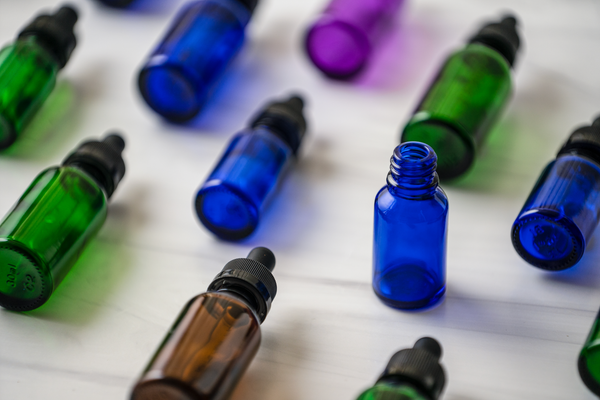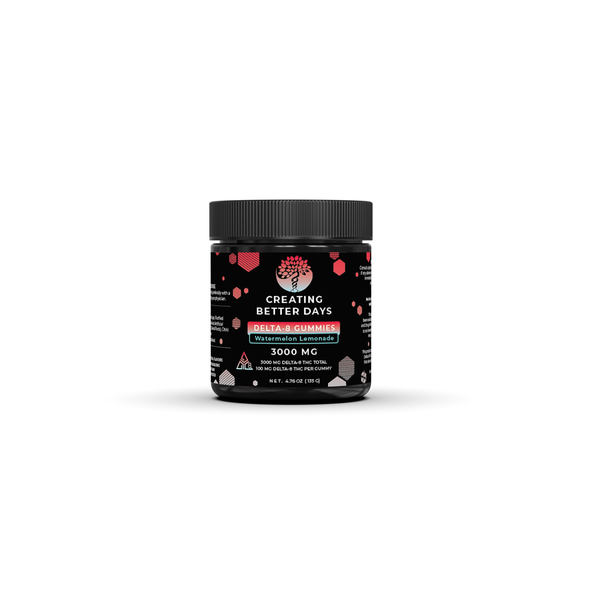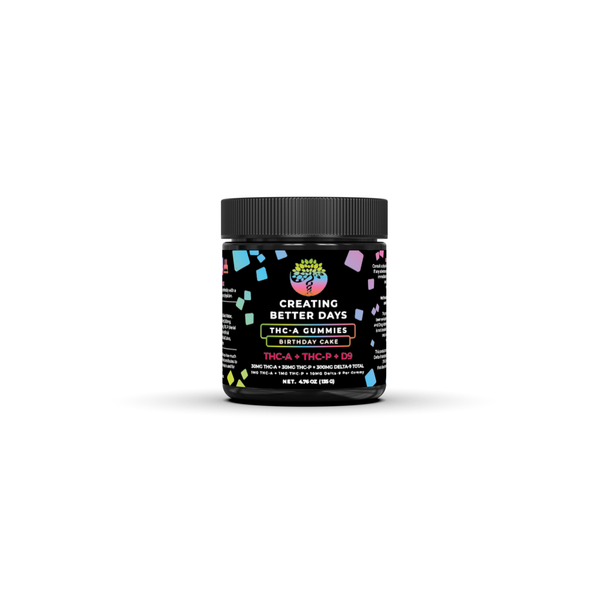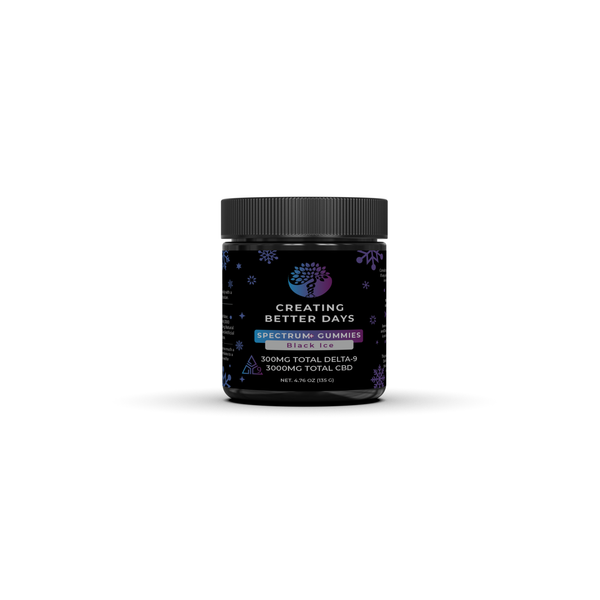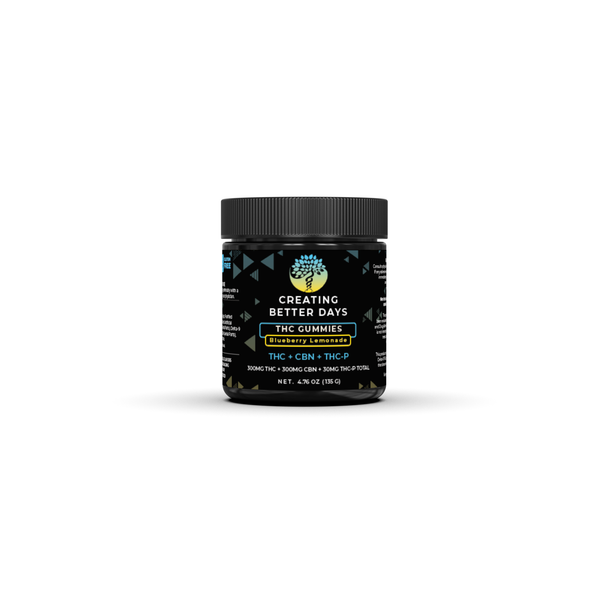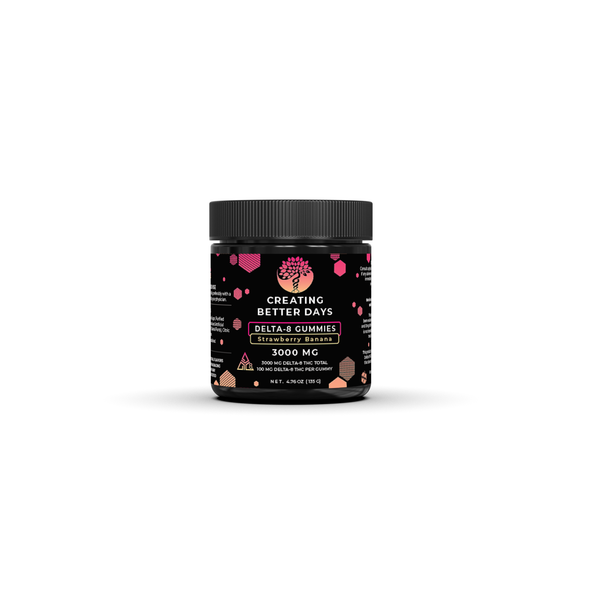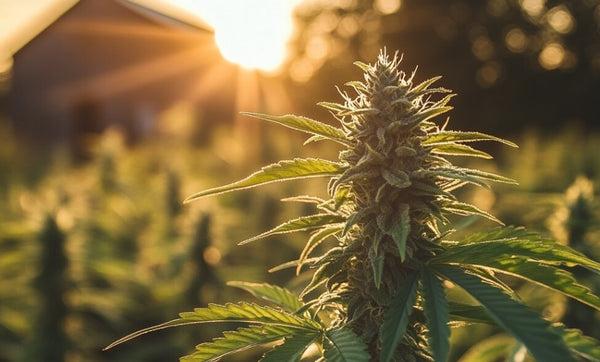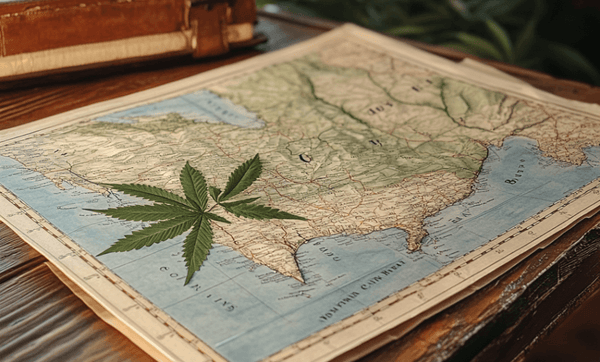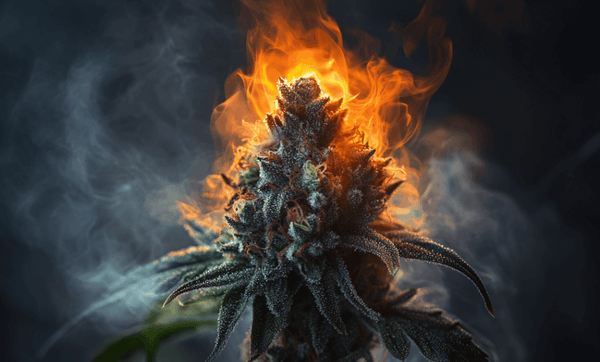
Is THCA Legal in South Carolina?
You've probably stumbled upon the term THCA more than once while exploring the cannabis world. The question may arise, "Is THCA Legal in South Carolina?"
It's a fair question, especially given the whirlwind of cannabis laws changing around the country. South Carolina, in particular, has some clear rules but also some tricky grey areas when it comes to cannabinoids like THCA.
So, if you're scratching your head over whether you can legally buy or use THCA products in the Palmetto State, this article is for you. We'll walk through what THCA actually is, why it matters legally, and how South Carolina's laws shape its availability. By the end, you'll be equipped with straightforward answers, real-world insights, and tips to safely explore THCA products if you choose.
Let's dive in.
Table of contents
What Is THCA?
A naturally occurring substance in raw cannabis plants is tetrahydrocannabinolic acid (THCA). Cannabis' psychoactive component, THC (Tetrahydrocannabinol), is produced by this compound.
Non-Psychoactive in Raw Form: THCA itself does not produce a "high" because it isn't psychoactive.
Conversion to THC: As THCA loses its carboxyl group through decarboxylation (like smoking, vaping, or cooking), it binds to cannabinoid receptors in the body, producing psychoactive effects.
Potential Benefits: Though research is ongoing, THCA is being studied for various possible medical benefits, but it is not the same as THC.
In short, THCA is the raw, non-intoxicating form of THC present in fresh cannabis, turning into THC only when exposed to heat.
The Legal Intricacies of THCA
Federal Legal Status
According to the 2018 Farm Bill, hemp and hemp-derived products containing less than 0.3% Delta-9 THC are legal in the U.S. However, the law doesn't mention THCA. Since THCA itself isn't psychoactive, hemp products rich in THCA but low in THC often fit within the legal hemp category.
But there's a catch: once THCA is heated and converted to THC, it becomes a controlled substance under the Controlled Substances Act (CSA). This means that while THCA in raw hemp might be legal, the moment it turns into Delta-9 THC above the legal limit, it could be considered illegal federally.
State-Level Variations
Laws at the state level add another layer of complexity. Some states follow federal guidelines strictly, allowing hemp-derived THCA products as long as they meet THC limits. Others have more restrictive cannabis laws and classify all cannabis derivatives, regardless of THC content or form, as illegal.
For example, states with medical or recreational cannabis programs may allow THCA-containing products with fewer restrictions. Conversely, states without legal cannabis programs may prohibit any products containing THCA or its derivatives.
Legal Status of THCA in South Carolina
Understanding the Basics
South Carolina's cannabis laws are traditionally strict compared to some other states. However, they follow the federal definition of hemp, which was established by the 2018 Farm Bill. Hemp is defined by federal law as cannabis containing less than 0.3% THC on a dry-weight basis.
South Carolina adopted this definition and allows hemp cultivation and products that meet this standard. Generally, hemp-derived products containing less than 0.3% THC are legal in South Carolina. However, because THCA can convert to THC, regulators focus on the total THC content after decarboxylation — meaning the amount of THC the product would have if all the THCA were heated and converted.
The law is clear that if the total THC exceeds 0.3%, the product is considered marijuana and is illegal in South Carolina.
THCA vs. THC: Legal Interpretations
This is a key point to understand. South Carolina's law does not currently make a distinction between THCA and THC in its legal text. Instead, the law hinges on Total THC — the sum of THC plus the THC that would be created from the THCA content.
For example, if a hemp product contains 0.1% THC and 0.3% THCA when the THCA is decarboxylated (converted), it might raise the total THC over the 0.3% limit.
That product could then be considered illegal. Therefore, even if the product doesn't cause psychoactive effects when used raw, it could still violate South Carolina law based on its potential THC content.
Navigating Legal Complexities
This approach creates a challenge for both consumers and producers. Products with high THCA but low THC might look legal on surface lab reports, but their Total THC could cross the line once heated.
For vendors, this means that stringent lab testing that calculates Total THC after decarboxylation is critical. For consumers, it means buying only from trusted sources that provide clear lab results.
Regulations and Restrictions
Understanding THCA Legality
In South Carolina, the legal landscape revolves largely around THC limits. Because THCA is a precursor to THC, authorities take a conservative stance and regulate based on the total potential THC content rather than the presence of THCA alone.
This means THCA products are legal only if they comply with the Total THC limit of 0.3%. If they don't, those products are illegal under South Carolina's cannabis laws.
The Process of Decarboxylation
Let's take a closer look at decarboxylation because it's central to THCA's legal interpretation.
Decarboxylation is a chemical reaction that is triggered by heat. Raw cannabis loses a small molecule (a carboxyl group) when heated (by smoking, vaping, or cooking).
As a result of this process, raw cannabis does not get you high - it contains mostly THCA, not THC. But once you apply heat, the THC level increases rapidly, leading to psychoactive effects.
From a legal standpoint, testing labs simulate this process to measure the Total THC content, adding the amount of THC found plus the THC that would result from converting all the THCA.
Compliance and Testing
For a product to be legally sold and possessed in South Carolina, especially those containing cannabinoids, proper testing is a must.
The product must come from hemp or hemp-derived sources.
The total THC content must be less than 0.3% after decarboxylation.
Lab reports must confirm that this threshold is met.
Vendors who don't follow these protocols risk selling illegal products. Consumers purchasing products without clear lab testing put themselves at legal risk, too.
Impact on Access to THCA
Understanding the Legal Landscape
Given these legal nuances, how accessible are THCA products in South Carolina?
It's a mixed bag. On one hand, the state has legalized hemp and allows the sale of hemp-derived products, including CBD and low-THC cannabis items. On the other hand, strict enforcement of THC limits means products with higher THCA levels are scrutinized and potentially banned.
For you, the consumer, this means careful navigation is necessary when seeking out THCA products.
Navigating Access Challenges: The Role of Vendors
Trusted vendors play a crucial role in making legal THCA products available. Creating Better Days is committed to providing high-quality, lab-tested THCA Gummies and other THCA products that comply with South Carolina's laws.
These vendors:
Use third-party labs to test Total THC accurately.
Provide certificates of analysis (COAs) to customers.
Educate consumers on the legal limits and safe usage.
By choosing such vendors, you minimize the risk of purchasing illegal products and ensure a smoother experience.
Consumer Responsibility and Education
You, as a consumer, hold a key piece of the puzzle. Educating yourself about:
The difference between THCA and THC.
How decarboxylation affects legality.
The importance of lab testing and COAs.
It can protect you from legal troubles and help you make informed decisions. Don't hesitate to ask vendors for detailed lab reports before buying. If a product doesn't have transparent testing, it's a red flag.
Creating Better Days: Your Partner in Legal THCA Products
Trying to navigate the cannabis market can feel like reading tea leaves sometimes. That's why Creating Better Days aims to make your journey easier.
They offer THCA Gummies and other THCA products that are thoroughly tested and designed to fit within legal parameters in South Carolina.
By shopping here, you get:
Access to products that respect state and federal laws.
Clear information about lab testing and cannabinoid profiles.
We offer friendly support to answer any questions you have about THCA legality or product safety.
Remember, it's always smart to start with trusted sources rather than venturing into the Wild West of untested products.
Final Thoughts
The question of whether THCA is legal in South Carolina doesn't have a simple yes-or-no answer without context.
Legally, THCA is allowed in South Carolina, but only if it complies with stringent THC limits.
South Carolina's adherence to the federal hemp definition means Total THC content, including THC formed from THCA, must remain below 0.3%.
This requirement creates challenges but also ensures consumers and vendors operate safely and legally. If you're interested in exploring THCA products like gummies, it's essential to buy from reputable sellers who provide transparent testing and understand the law.
Creating Better Days stands out as a reliable source offering lab-tested THCA products that meet these requirements. By choosing trusted vendors, you reduce risk and gain peace of mind.
Remember, laws can change, so stay informed and reach out if you have doubts.
Frequently Asked Questions
Can THCa Gummies Be Legally Purchased in South Carolina?
Yes, but only if the gummies are hemp-derived and contain less than 0.3% Total THC after decarboxylation. Third-party lab testing is always recommended to confirm.
Is THCA Legal in South Carolina?
Yes, under strict conditions. THCA products are legal if they come from hemp and meet the Total THC legal limit of under 0.3% after decarboxylation.
What Impact Do Testing and Quality Control Have on THCA Access?
Testing is essential. Proper lab testing ensures that Total THC levels comply with legal limits. Without accurate testing and quality control, products risk being illegal, affecting availability and safety.
How Does Consumer Education Affect THCa Usage?
Because THCA can convert to THC with heat, understanding the legal and chemical aspects helps consumers avoid inadvertent legal trouble and choose products wisely.
Want to know more about whether THCA is legal in South Carolina? We can be reached by email at info@creatingbetterdays.com or by phone at (1800) 215-0223 if you have any questions. We are happy to assist you with any questions you may have. Check out our blog section for more information and answers to all your queries.

